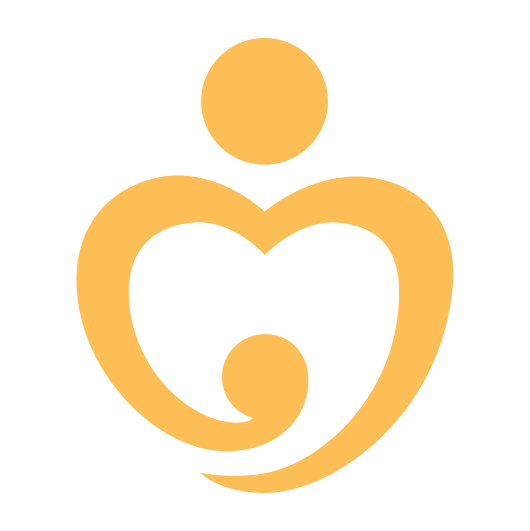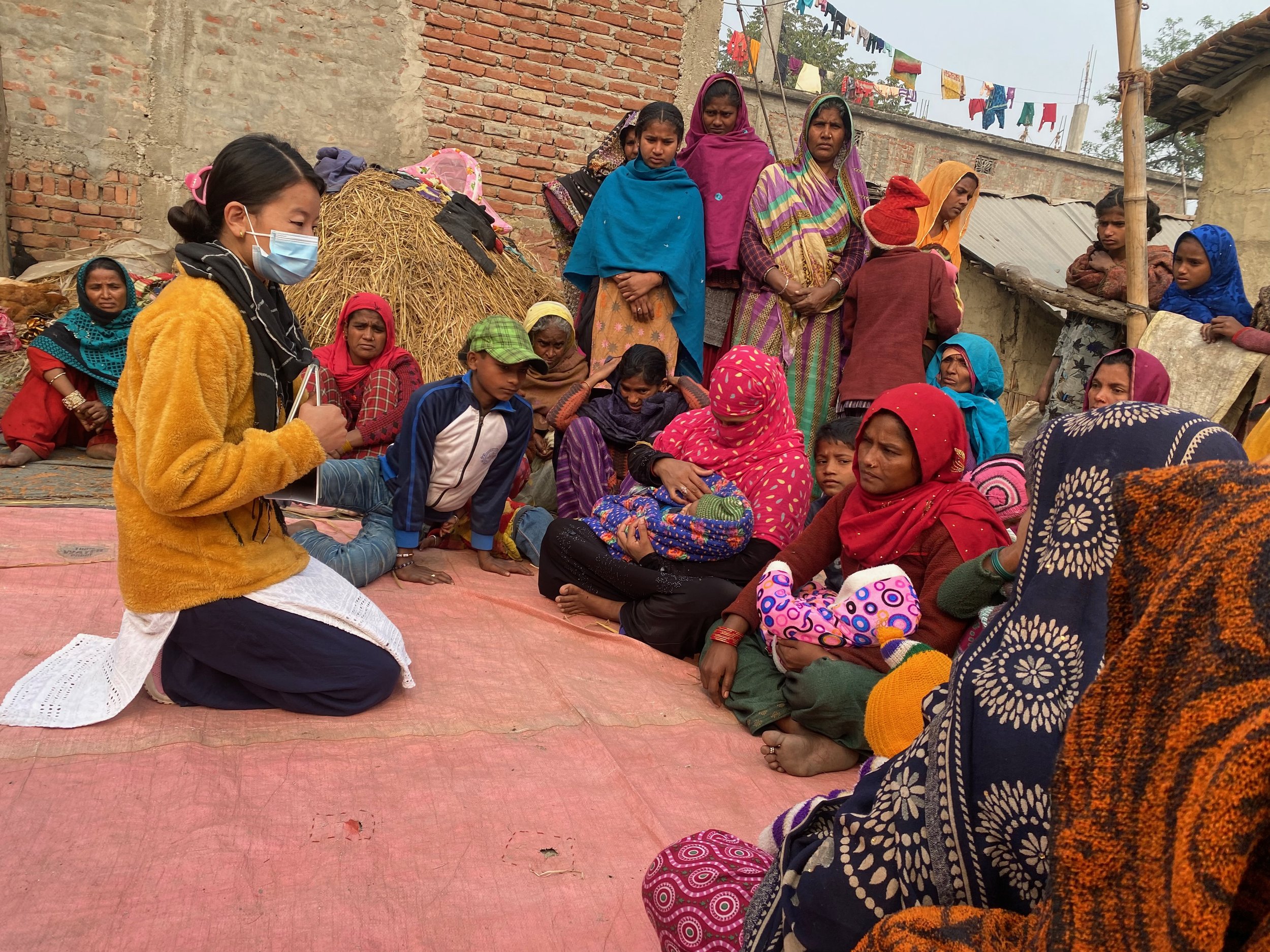Creating opportunities for strengthening maternal health in the Madhesh Province
By Nilesh Kumar Pravana
Nilesh Kumar Pravana has a wealth of knowledge and experience in public health. He joined One Heart Worldwide in 2017 as the District Coordinator of Panchthar District, a hill area in Koshi Province. He then moved on to the Dolakha District as its Coordinator in 2020. In 2021, he was promoted to Senior Program Coordinator of the Bardibas Cluster Office. He is the team leader supervising the work of District Coordinators and other staff from OHW from several districts in the Madhesh and Koshi provinces. Nilesh has both a Master’s Degree and Bachelor’s Degree in Public Health. As one of our valued team members, Nilesh is making significant contributions to the vision of One Heart Worldwide.
Serving the Underserved
When I was working in the hill area, I was impressed with One Heart Worldwide's impactful work (OHW). I saw how our programs significantly supported the local government's efforts to strengthen the health system and enhance maternal and neonatal health (MNH) care. So I always hoped that one-day OHW would start a similar health program in Madhesh Province, where I am originally from.
In 2021, OHW started our new program in the Madhesh Province, where I am taking the lead as Senior Program Coordinator for the Bardibas Cluster. I am so proud of OHW's contributions toward creating a sustainable MNH care system in Madhesh.
The hilly areas of Nepal have very rough terrain, and most rural municipalities still need access to proper roads. In contrast, there are no geographical barriers within the Madhesh Province for people to travel. Instead, the critical challenges in the Province are the ages-old social norms, traditional practices, and culture that inhibit families from seeking maternal healthcare at a health facility.
We also know that a thorough understanding and respect for indigenous cultures and customs are vital in affecting behavioral change. OHW has ensured that our team on the ground is from the Madheshi community. Our Barbidas cluster team members include different Madheshi ethnicities fluent in the native Maithili, Bajika, and Bhojpuri languages. Since our team is from the communities we support, we are well-versed in the cultural context and traditions. This approach by OHW has made an enormous difference in coordinating and communicating with local stakeholders and families.
Our closeness to communities
In many households in rural municipalities, we found that families are unwilling to visit health facilities and continue to practice home birthing. Cultural barriers have led to inadequate education about the benefits of institutional birthing.
We reach families to promote institutional birthing through our Community Mobilizers and Community Outreach Providers.
Through our Community Mobilizers, we work closely with each municipality ward to educate pregnant women, postnatal mothers, and their household members. We also work closely with Female Community Health Volunteers (FCHVs) who are trained in birthing preparedness so that, in turn, they can educate expecting mothers and their families.
Recently, local FCHVs received a refresher training on birth preparedness. Following the training, the FCHVs have effectively used their knowledge to guide and motivate mothers to prepare for safe pregnancy and childbirth through health professionals at a birthing center. In addition, we have heard from many FCHVs how our OHW team has reinvigorated them and are now actively mobilizing their local mothers' groups.
A sustainable mindset
From day one of our program implementation, we have focused on the sustainability of our impact. We approach all of our programs with a partnership mindset. Instead of running parallel programs, we collaborate with all levels of the Government of Nepal. We execute a needs assessment at the local level and support local stakeholders to improve their health systems and enhance their capacity.
We have also implemented cost-sharing agreements with many local municipalities. Cost-sharing promotes long-term local program ownership through local municipality government contributions to health facility renovations. We aim to provide meaningful and practical advisory support that values community investment for renovation, construction, and life-saving equipment. There is already a lot of enthusiasm growing due to our cost-sharing partnership. Many municipalities have expressed keen interest in co-investing in their local health facilities with OHW.
Boosting the morale of service providers
To create a sustainable system, we need to have well-trained health providers and advocates throughout all areas of Nepal. We have worked tirelessly to establish strong relationships between service recipients, healthcare providers, and local governments. The OHW team has provided training to build the capacity of health workers, health facility staff, and Health Facility Operation and Management Committee (HFOMC) members.
According to government policy, each health facility must have an HFOMC. However, our team found that HFOMC members needed to learn about the overall expectations of the committee and their roles and responsibilities. Most HFOMC members don't have an academic health background or medical work experience, but their decision-making role is critical to ensuring that health facilities run effectively.
OHW provides HFOMC members with a 2-day Health Facility Management training that teaches them the working systems of the newly upgraded health facility (birthing center). They also help develop action plans for the newly upgraded Birthing Centers. Their involvement is part of our participatory model. It ensures that these stakeholders will take responsibility for the health posts once OHW fully exits the district.
Many nurses also receive support from OHW to upgrade their skills and knowledge. Despite completing medical training in their nursing courses, many nurses have lost their skills due to a lack of practice in their Birthing Centers. Our team provides continuous clinical training and onsite coaching to combat this knowledge loss. In addition, we also facilitate remote mentoring and coaching opportunities to help them update their clinical skills and concepts. These initiatives have helped to boost their confidence in the field.
Keeping our vision real
The guiding principle of our mission is equity. At every level, we seek to ensure maternal and neonatal healthcare is accessible and dignified for each community we support, regardless of location or cultural practices. Such a full-scale and dedicated MNH program is new for the Madheshi community. We have already begun to see our work in Madhesh Pradesh is making positive headway. Local leaders, governments, health workers, and communities in the Madhesh Province have welcomed OHW's determination to change MNH outcomes in their communities.
Just as I felt when working in the hills, I remain inspired by the work my team and colleagues are doing at OHW. Our partnerships with local stakeholders and communities in different areas of Nepal have already improved access to quality maternal and neonatal healthcare - and it will continue to leave a lasting impact long after we finish our mandate in Nepal.
Want to support OHW’s work in Nepal? You can donate the cost of a pregnancy ($40) or visit our get involved page for other ways you can contribute.









